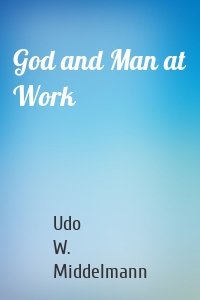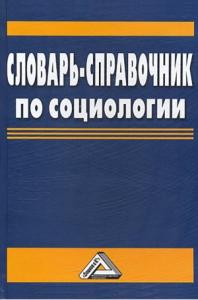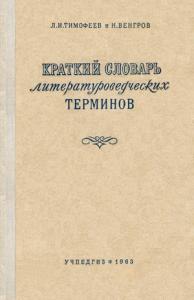
Neither Necessary nor Inevitable скачать fb2
Udo W. Middelmann - Neither Necessary nor Inevitable краткое содержание
Historic determinism is a convenient way to tie up the uncomfortable loose ends in the tragic lives of millions and to explain, at the same time, the exceptional opportunities of many of the rest of us. A belief in an inevitable chain of events or the will of God, or destiny, or historic necessity suggests a formula to justify each situation as inevitable. Here history is seen like a single track, on which people ride in different cultural coaches in the same direction. Every stop, every departure is part of a natural schedule. It readily leads to resignation for many and arrogance for the lucky. Neither Necessary nor Inevitable argues and illustrates that such attention to the sirens of retrospective determinism gives a false sense of security and a freedom from responsibility. When history swallows the importance of people's choices, inalienable rights become inalienable conditions. In Neither Necessary nor Inevitable, Udo Middelmann argues that while written history may tell a story of choices and consequences in a tight mesh, living history is the result of genuine choices that render the record too chaotic to support the belief in a controlling master plan of material or divine intention. Instead we each lay down our cultural tracks with personally significant choices. Turns and stops are not inevitable, and each choice affects the course of history for generations. Responsibility is not reduced by the belief in a necessary history or a willful God.
Скачать книгу «Neither Necessary nor Inevitable» Udo W. Middelmann
Чтобы оставить свою оценку и/или комментарий, Вам нужно войти под своей учетной записью или зарегистрироваться




